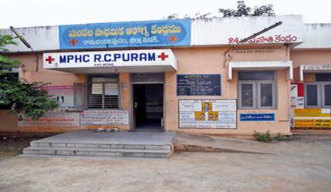
• Tele-medicine:

Patients in rural settings being able to get diagnosed by doctors residing in urban hospitals provides time and cost savings to the patient.
• Home Healthcare/Remote Patient Monitoring
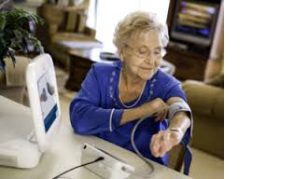
Patients who require round the clock monitoring can benefit from having a device on their bedside that is connected with their physician's office and that their doctor is fully aware of their physical condition.
• Defense Healthcare/Remote area healthcare:
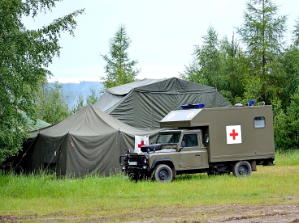
Soldiers wounded on the front lines can have their vitals transmitted to the base where medics and doctors can take lifesaving and time saving steps to save lives. This device can benefit doctors and nurses providing healthcare in remote areas as the ability to store patient data in the unit means you can always retrieve the data on subsequent visits without requirement for internet connectivity.
• Work-site Clinics:

Having a device such as the MPM620 on Hazardous Work place site such as an oil rig or a remote mining site provides workers with the ability to get their vitals remotely checked by a physician or a nurse in the event of any injury.
• Ambulance/Mobile Healthcare:
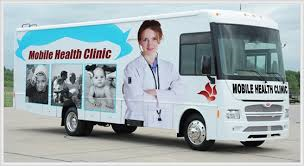
The fact that so many functions are integrated into a single device makes it an ideal device to carry on airplanes, trains and ships. Amublances can benefit by getting all the patients vitals and electronic medical record enroute to the hospital so that emergency staff have time saving data ahead of time.
• Hospitals:
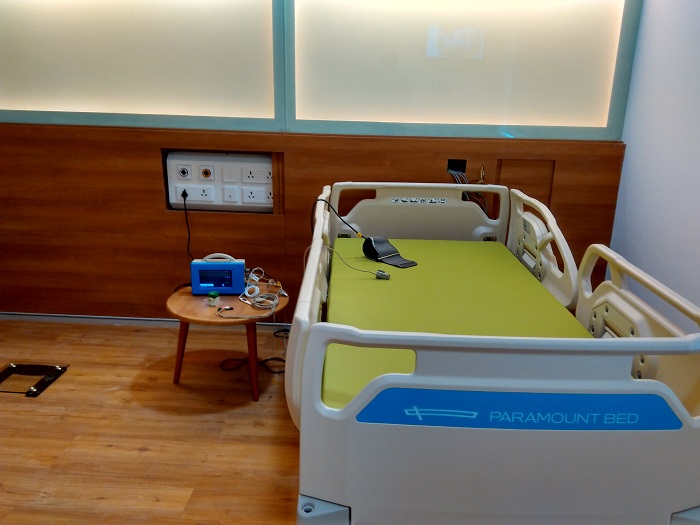
These devices can be used at every bedside in a hosptial setting where the physician can call up patient records right on the device and look at trends to see how the patient is responding to the treatment.
• Clinical Trials

Clinical Trials can benefit from the integrated patient database and the ability to take this machine from one clinical trial site to another and have uniform test results as there usually is a variance in measurements when dealing with disparate devices.